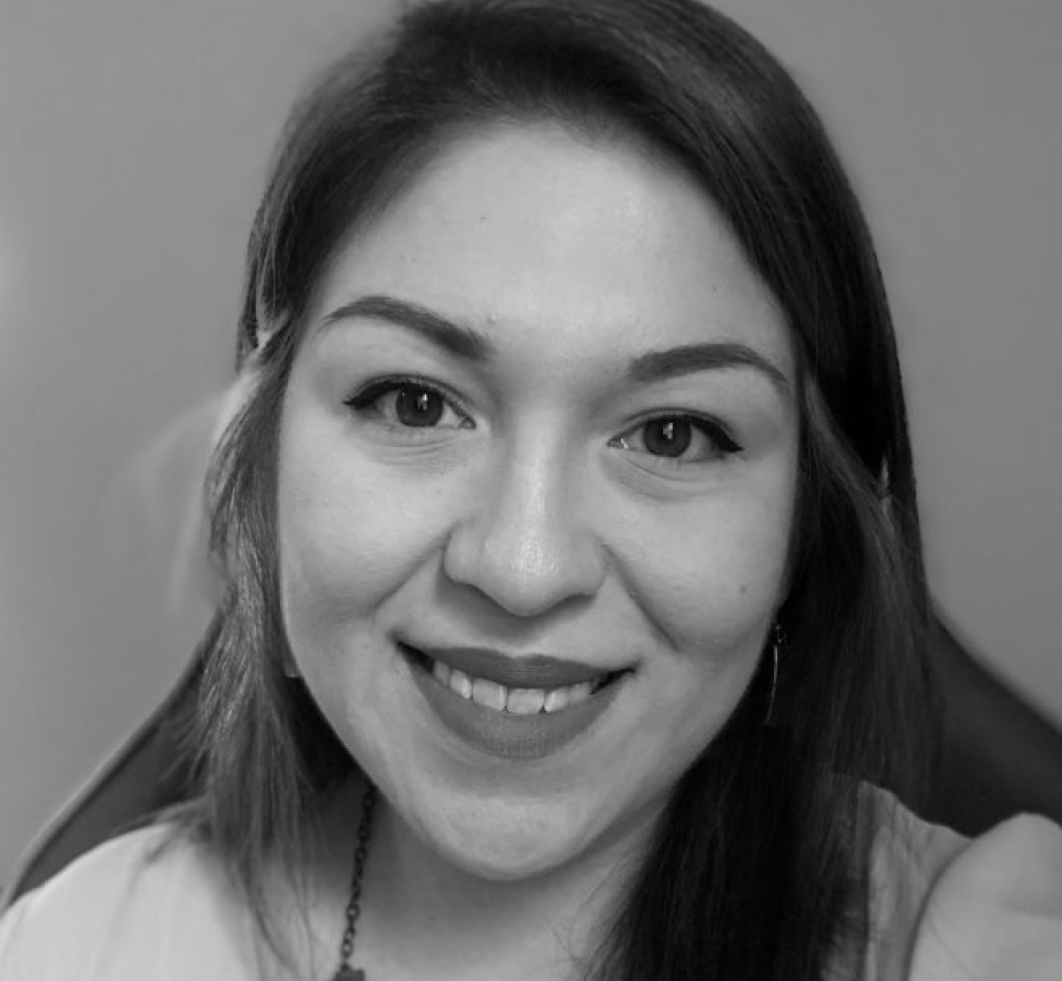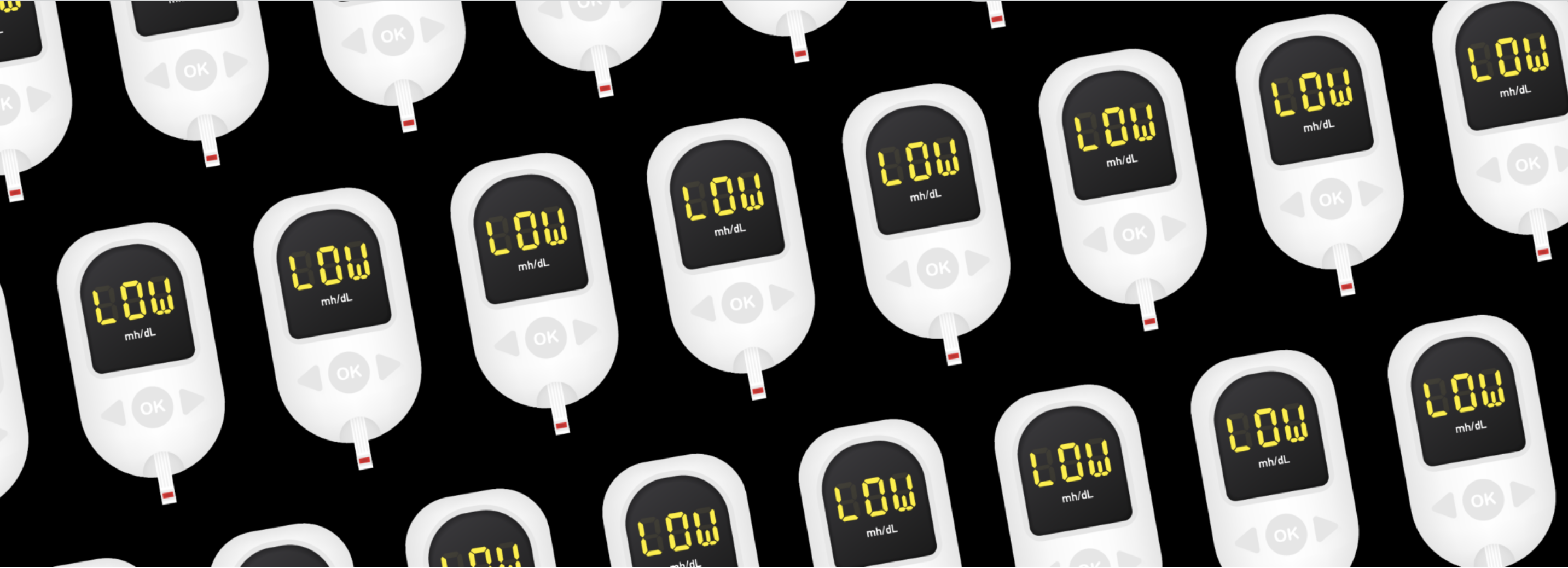What to Expect After Your Diabetes Diagnosis
Written by: Liz Cambron-Kopco
5 minute read
March 16, 2023
A diagnosis of diabetes is NOT your fault. Here’s what you can expect when you didn’t expect to be diagnosed with type 2 diabetes.
Getting a type 2 diabetes diagnosis can be unsettling and come out of left field. Unfortunately, after the initial diagnosis, those newly diagnosed are often left with a handful of pamphlets and a head full of questions. What comes next?
No one expects to be diagnosed with type 2 diabetes, but here’s what you can expect after your initial diagnosis.
Going through the stages of grief
After being diagnosed with diabetes, it is normal to have a surge of emotions. You may go through the stages of grief—denial, anger, bargaining, depression and acceptance. Grieving the life that you had before or the one you envisioned having is a valid response to your diagnosis. Allow yourself to grieve and feel your feelings as you begin to process your diagnosis.
You may also have feelings of failure, believing that you brought type 2 diabetes on yourself. Although this is a common feeling to have after your diagnosis, this is a misconception about type 2 diabetes. Your diagnosis is NOT your fault.
Assembling your Justice League
Depending on the stage of your diabetes when diagnosed, you may have more doctor appointments in the following months than you’ve ever had before! Over the next few months you’ll probably start assembling your Justice League or Avengers—AKA your healthcare team.
Many people with diabetes see more than just primary care doctors. People with diabetes may also see specialists like endocrinologists, nutritionists, podiatrists, ophthalmologists and therapists. Because diabetes may impact other parts of your body, having a healthcare team that covers all your bases is a smart move to prevent or minimize the impact of diabetes complications.
Information overload
Resist the temptation to read everything when you inevitably Google search diabetes. There is so much information on the internet and wanting to be more informed is normal, but information overload can also become toxic and overwhelming.
If you and your loved ones want to learn more about type 2 diabetes, ask your doctors for insights first and then look online for credible resources. Typically, sites ending in .edu, .org or .gov are reliable. Be sure that the content you’re absorbing is up to date. The diabetes landscape changes quickly and new information is available almost weekly.
Focus on getting the basics down as you adjust to lifestyle changes. Don’t try to learn everything about diabetes right away.
Take a step back from learning when information overload becomes more burdensome than helpful—focus on your day-to-day activities and lean on your support system.
Re-navigating relationships
Although you’re still the person you were before your diagnosis, your relationships might change when you’re diagnosed with type 2 diabetes.
With those around you
Not everyone around you will know what type 2 diabetes is, and they may believe stereotypes and stigmas about it. Although people are usually well-intentioned, they may not be helpful (or know what they’re talking about).
You may even realize you have your own misconceptions about type 2 diabetes. If this happens, remember that you and your loved ones are learning, and part of that journey includes unlearning stereotypes and misconceptions. Be patient.
You are not those stereotypes but you may still experience some of those stigmas. You may hear things like:
“Can/Should you eat that?”
“Shouldn’t you work out more?”
“Let’s have salads instead”
“Have you tried [fad diet]? My aunt’s neighbor has diabetes and it helped them”
When you run into this, explain to your loved ones how they can best support you. Some people may offer to make lifestyle changes with you in solidarity. A robust support system will make all the difference, so let others help you in ways you feel comfortable.
With food
You may also have to re-navigate your relationship with food. Some people, even doctors, may tell you that you’ll need to completely cut out carbs or only limit yourself to 1000 calories a day. These are not sustainable changes—be sure to listen to your body and if your doctor doesn’t listen to you, find a different one. Asking to meet with a nutritionist or diabetes educator can be helpful if you’re struggling to understand what to eat.
With work or school
If you’re employed, regardless of the type of work you do, you’re legally allowed to ask your employer for accommodations if you need them. The same applies if you’re a student. There’s no shame in needing accommodations for your diabetes.
This could look like having diabetes-friendly food options at events, sharps containers in the bathrooms or extensions on assignments when you need a sick day to recover from hypo- or hyperglycemia.
Finding your new normal
Even though something worked for your coworker’s aunt’s neighbor, everyone’s diabetes is different. What works for someone else may not work for you, and vice-versa. Figuring out your diabetes management plan is an ongoing, ever-evolving process. As your body changes with time, so will how you care for it.
Always show yourself patience and grace as you navigate living with diabetes. Seek support from those around you, and (if and when you’re ready) you can join the diabetes community too.
Diabetes does not define you. You can still live a long, happy and fulfilling life with diabetes, and you did not do it to yourself. You still deserve the same respect and care you received before your diagnosis.
Editor’s Note: Educational content for newly diagnosed people with diabetes is made possible with support from Abbott, makers of the Freestyle Libre 3 system, a founding partner of Beyond Type 2. Editorial control rests solely with Beyond Type 2.

Author
Liz Cambron-Kopco
Liz has been living with type 2 diabetes since 2014, but grew up surrounded by it as a first-generation Mexican-American. With a bug for research, Liz pursued a PhD in molecular biology and spent her early career studying insulin signaling in invertebrates to understand how insects’ tiny little bodies work. Along with advocating for women and girls in STEM, Liz shares her personal journey with diabetes on her social media platforms to help teach people to become their own advocates. Her passion for advocacy led her to join the Beyond Type 1 team. When she’s not advocating, Liz enjoys hiking... Read more
Related Resources

The biggest barbecue day of the year is the 4th of July! Celebrating the 4th...
Read more

Hypoglycemia and severe hypoglycemia are two things against which all people with diabetes should be...
Read more

Whether or not you have type 2 diabetes, you must eat. You must also pay...
Read more

